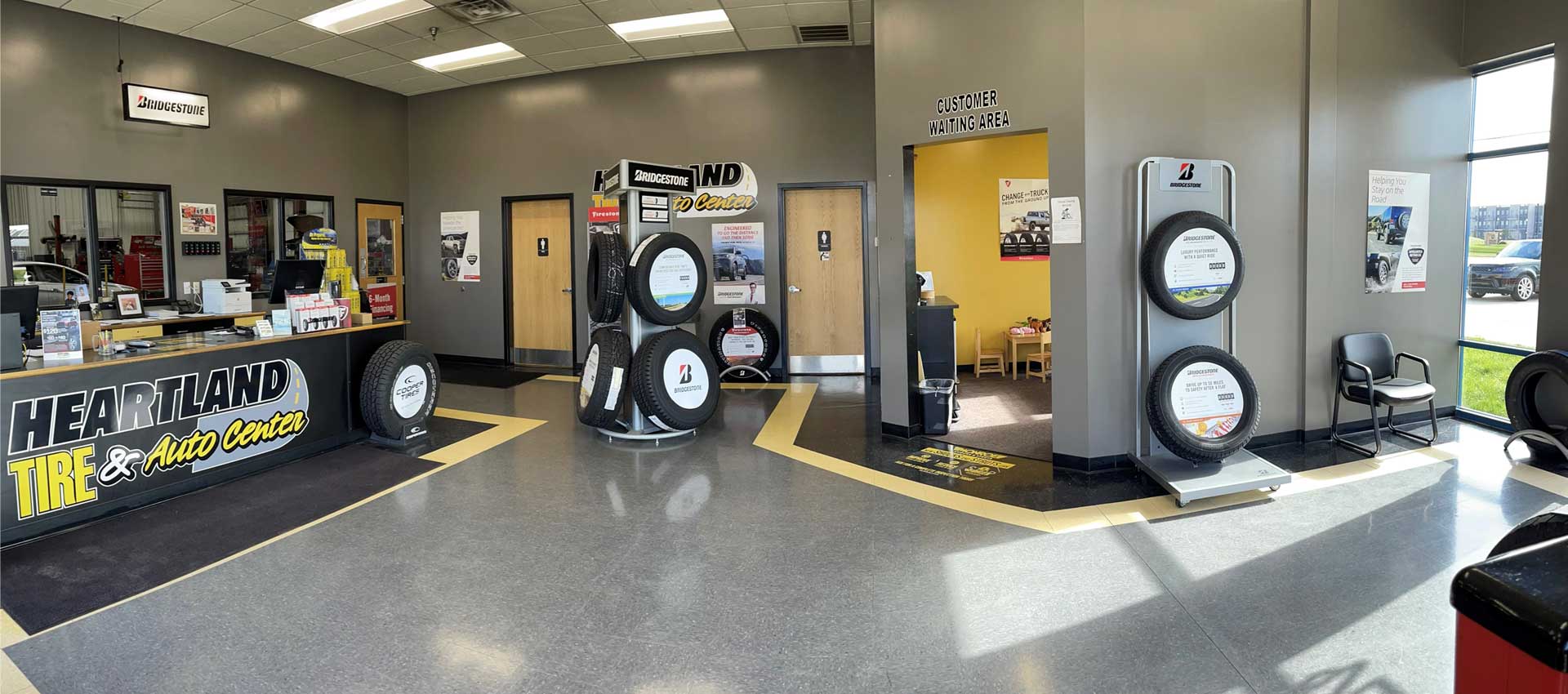Trusted Tire Shop Morris: Comprehensive Tire Solutions and Exceptional Service
Trusted Tire Shop Morris: Comprehensive Tire Solutions and Exceptional Service
Blog Article
Tire Service: The Impact of Climate Condition
When it comes to making certain optimal performance and security on the road, understanding the influence of weather condition conditions on tire service is vital. In this conversation, we will certainly discover the complex relationship between climate problems and tire service, shedding light on the value of weather-specific tire maintenance methods and factors to consider.
Warmth and Tire Performance
When subjected to high temperature levels, tires experience adjustments in performance that can significantly affect lorry security and handling. The heat produced from extended driving or warm weather condition problems triggers the tire rubber to soften, leading to reduced step life and increased wear.
Moreover, high temperature levels can speed up the process of tire aging, creating the rubber to deteriorate more swiftly. This can lead to cracks, protrudes, and other types of damages that endanger the architectural integrity of the tire. To minimize the impacts of warm on tire performance, drivers must consistently check their tire stress, revolve tires to make sure also wear, and inspect for any signs of damages. Furthermore, making use of tires specifically developed to hold up against heats can aid maintain optimal efficiency and safety when traveling.
Winter Results
Cold weather problems can have a substantial influence on tire performance and security. As temperatures drop, tire rubber can solidify, bring about decreased traction on icy or snow-covered roadways. In winter, tires might likewise shed atmospheric pressure much more swiftly, which can influence managing and fuel performance. In addition, chilly temperatures can create tire sidewalls to tense, increasing the danger of damages from pits or various other roadway threats.
To mitigate the effects of winter on tires, it is essential to regularly examine tire pressure and inflate them to the supplier's recommended levels. Utilizing wintertime or all-season tires developed for winter conditions can likewise improve grip and grasp on icy or snowy roadways - discount tires morris il. Appropriate tire upkeep, including regular evaluations for wear and damage, becomes even extra important during cooler months to guarantee optimum performance and security
Rainy Conditions Effect
During stormy conditions, tire efficiency and safety can be considerably influenced by the damp road surfaces and decreased presence. The walk pattern of tires plays a crucial function in keeping grip on wet roadways. Tires with damaged treads are extra susceptible to hydroplaning, where a layer of water develops between the roadway and the tire surface, leading to loss of traction. To combat this, drivers ought to on a regular basis evaluate their tires for adequate walk depth and consider buying tires especially made for wet conditions.

Snow and Tire Safety
When driving in snowy problems, having the appropriate tires can make a substantial difference in safety and security and efficiency. Wintertime tires are developed with special rubber substances and step patterns to give better grip on snow and ice compared to all-season tires.
Along with using wintertime tires, tire shop morris it is vital to ensure they are appropriately blown up. Cold weather can cause tire pressure to drop, affecting grip and handling (discount tires morris il). Frequently examining and maintaining the appropriate tire stress is essential for optimum performance in snowy problems

Weather-Related Tire Maintenance
When confronted with numerous climate condition, appropriate tire upkeep ends up being a crucial facet of lorry safety and security and performance. Weather-related tire upkeep encompasses a series of techniques targeted at guaranteeing optimal tire function and longevity in various climate circumstances. One vital facet of weather-related tire maintenance is tire stress policy. Fluctuating temperatures can trigger tire stress to differ, impacting traction and fuel effectiveness. Regularly checking and adjusting tire pressure according to manufacturer recommendations is necessary for safe driving in altering climate condition. In addition, tire walk deepness plays a considerable duty in taking care of different weather components. Tires with ample step deepness supply much better hold on damp or icy roads, reducing the danger of skidding or hydroplaning. Checking tire step on a regular basis and replacing tires when step wear gets to a specific depth is crucial for preserving traction and security in unfavorable weather. By prioritizing weather-related tire maintenance, drivers can boost security, boost vehicle performance, and lengthen the life-span of their tires.
Conclusion
In conclusion, weather condition problems have a substantial impact on tire performance and security (discount tires morris il). From heat impacting tire stress and use to cold climate lowering grip, it is necessary to think about the weather when keeping and using tires.
In this conversation, we will discover the detailed partnership between climate conditions and tire solution, dropping light on the importance of weather-specific tire maintenance methods and factors to consider.

Report this page